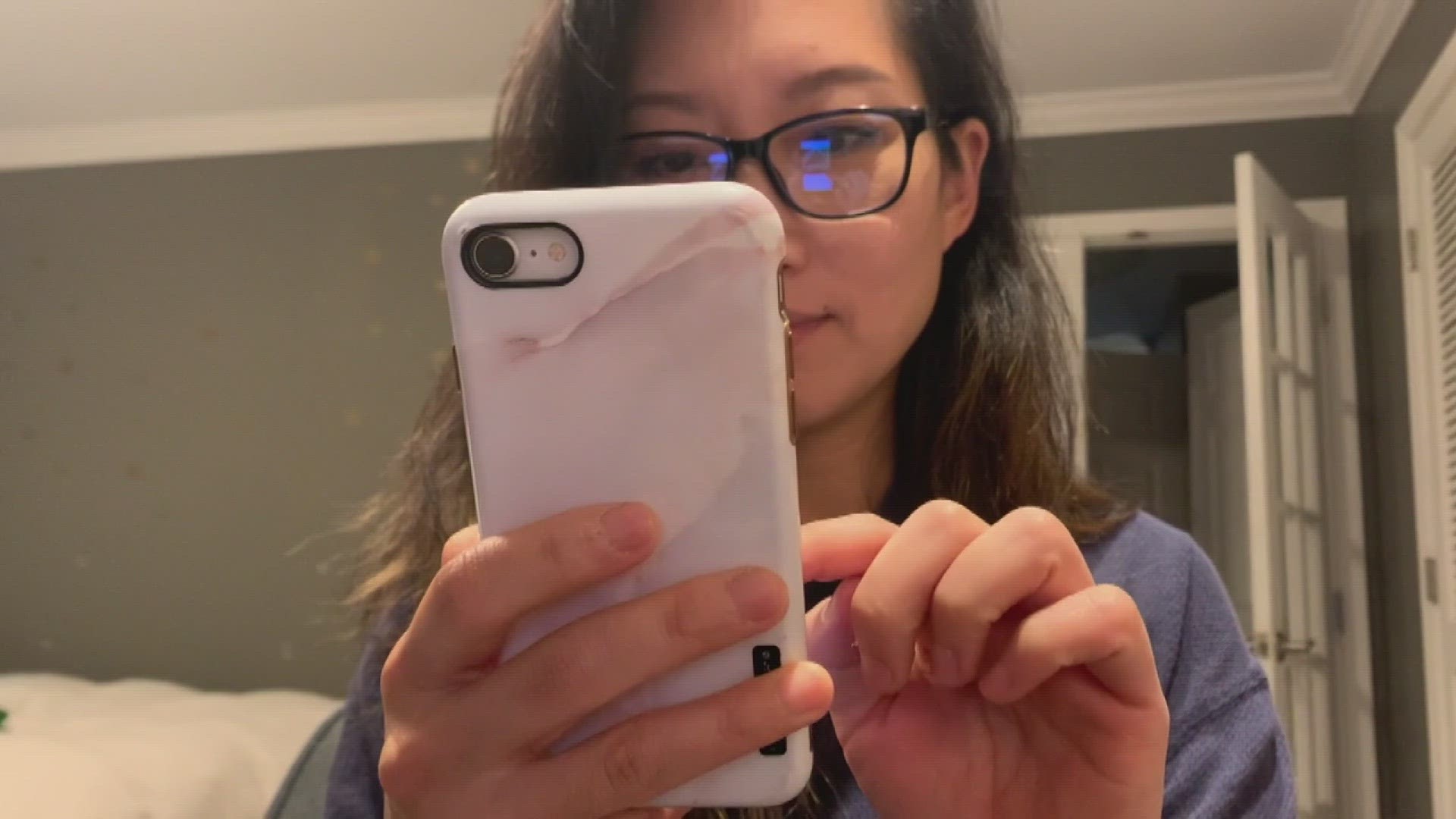GREENSBORO, N.C. — Buy now, pay later options can be found everywhere these days—available at checkout at retailers like Amazon and Walmart, and even at restaurants and grocers.
With so many buy now, pay later apps sprouting up, Consumer Reports asks a question: How secure are they? And are there risks in using them?
Consumer Reports survey, 21% of Americans said they had used the buy now, pay later at least once. But not surprisingly, there’s some important fine print you need to be aware of.
"There are questions about these loans’ lack of critical consumer protections. So CR tested some of them to check how safe they really are for consumers," said Lisa Gill of Consumer Reports.
CR analyzed eight popular buy now, pay later apps for safety, privacy, and transparency. Coming out on top: PayPal scoring 89 out of 100, earning high marks in fraud protection, and offering good security practices.
Some other apps leave a lot to be desired. Perpay and Zilch pulled up the rear with scores of 69 and 70, performing poorly in CR’s privacy control tests. And there’s more: The results show some troubling issues like not all of them clearly disclose loan fees.
To help if you do get hit with hidden fees, CR says to be sure to take screenshots of each loan term page before you hit “accept.” This could help if you need customer service in the future.
"Fraud and identity theft are also concerns when using these apps. You should make it a habit to regularly check your buy now, pay later account to monitor for fraudulent charges and to review all transactions and email notifications from your provider," said Gill.
And if you can’t pay on time, notify the company ahead of time because you may be able to reschedule a payment.
If you do run into problems using a buy now, pay later app, and working with customer service leads to dead ends, CR recommends contacting the Consumer Financial Protection Bureau.

